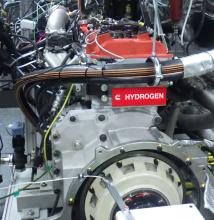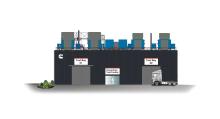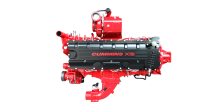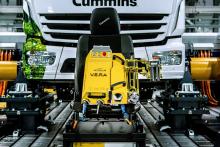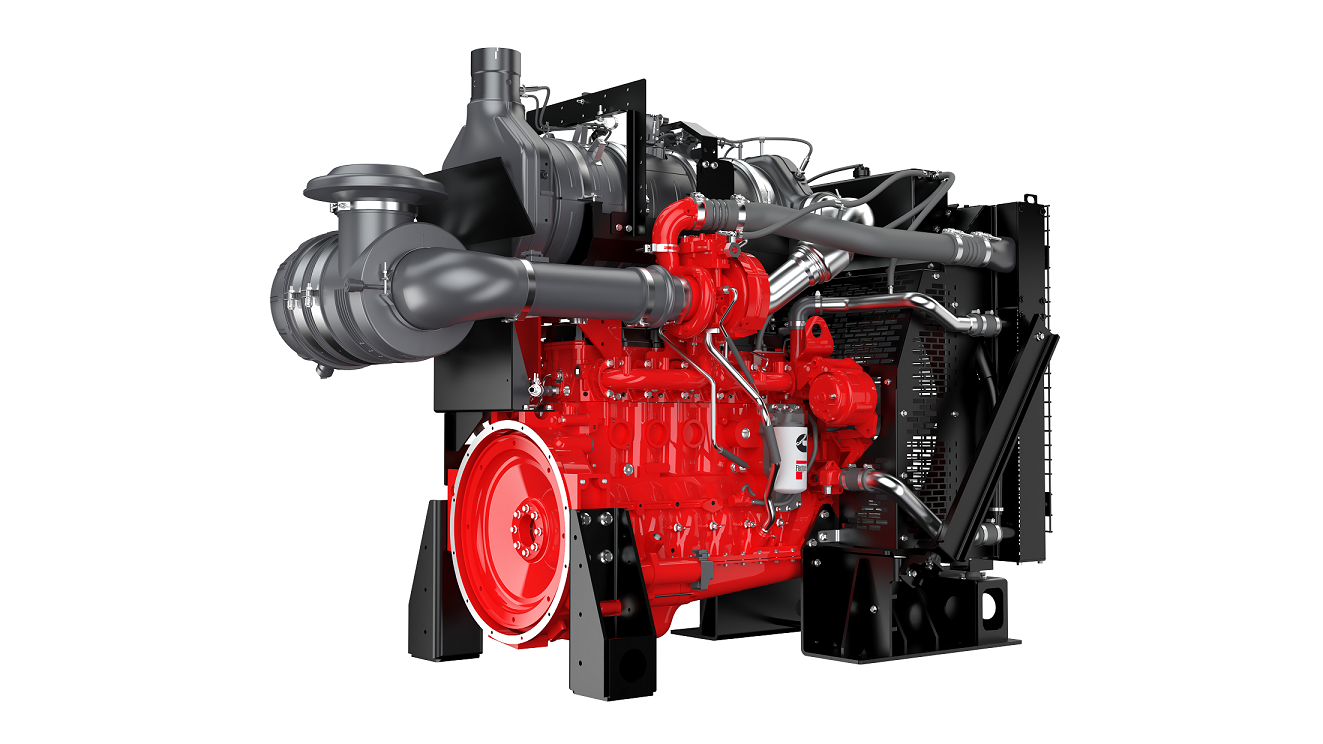
The proof-of-concept test is building on Cummins’ existing technology leadership in gaseous-fuel applications and powertrain leadership to create new power solutions that help customers meet the energy and environmental needs of the future.
“Cummins is thrilled about the potential of the hydrogen engine to reduce emissions and provide power and performance for customers,” said Srikanth Padmanabhan, president of the engine segment. “We are using all-new engine platforms equipped with the latest technologies to improve power density, reduce friction and improve thermal efficiency, allowing us to avoid the typical performance limitations and efficiency compromises associated with converting diesel or natural gas engines over to hydrogen fuel. We have made significant technological advancements and will continue moving forward. We are optimistic about bringing this solution to market.”
Following the proof-of-concept testing, the company plans to evaluate the engine in various on- and off-highway applications, supporting the company’s efforts to accelerate the decarbonisation of commercial vehicles.
“The hydrogen engine program can potentially expand the technology options available to achieve a more sustainable transport sector, complementing our capabilities in hydrogen fuel cell, battery electric and renewable natural gas powertrains,” said Jonathon White, vice-president of engine business engineering.
Hydrogen engines offer OEMs and end-users the benefit of adaptability by using familiar mechanical drivelines with vehicle and equipment integration mirroring that of current powertrains while continuing to provide the power and capability for meeting application needs.
The hydrogen engines can use green hydrogen fuel, produced by Cummins-manufactured electrolysers, emitting near-zero CO2 emissions through the tailpipe and near-zero levels of NOx. The projected investment in renewable hydrogen production globally will provide a growing opportunity to deploy hydrogen-powered fleets utilising either Cummins fuel cell or engine power.
Cummins is investing across a range of technologies to support hydrogen-based transportation, including hydrogen engines, fuel cells, electrolysers and storage tanks.
Cummins’ joint venture partnership with hydrogen storage specialist NPROXX adds the ability to integrate the fuel cell or hydrogen engine with the high-pressure gas cylinder tanks and supply lines on the vehicle. The high energy density of hydrogen enables easily integrated onboard gas storage without compromising either the vehicle payload or operating range. NPROXX is also a leading supplier of containerised storage vessels, enabling fast hydrogen refueling for end users.
Cummins’ pivotal role in expanding the hydrogen ecosphere goes beyond fuel cells and storage solutions to the manufacture of decarbonised renewable hydrogen, with the experience of more than 600 electrolyser installations across the globe. The modular scalability of our electrolysers is ideally suited for a range of applications, from the localised supply of truck and bus fleets to utility-scale electrolysis. Cummins has unique hydrogen capabilities extending from fuel production to storage and vehicle power.

